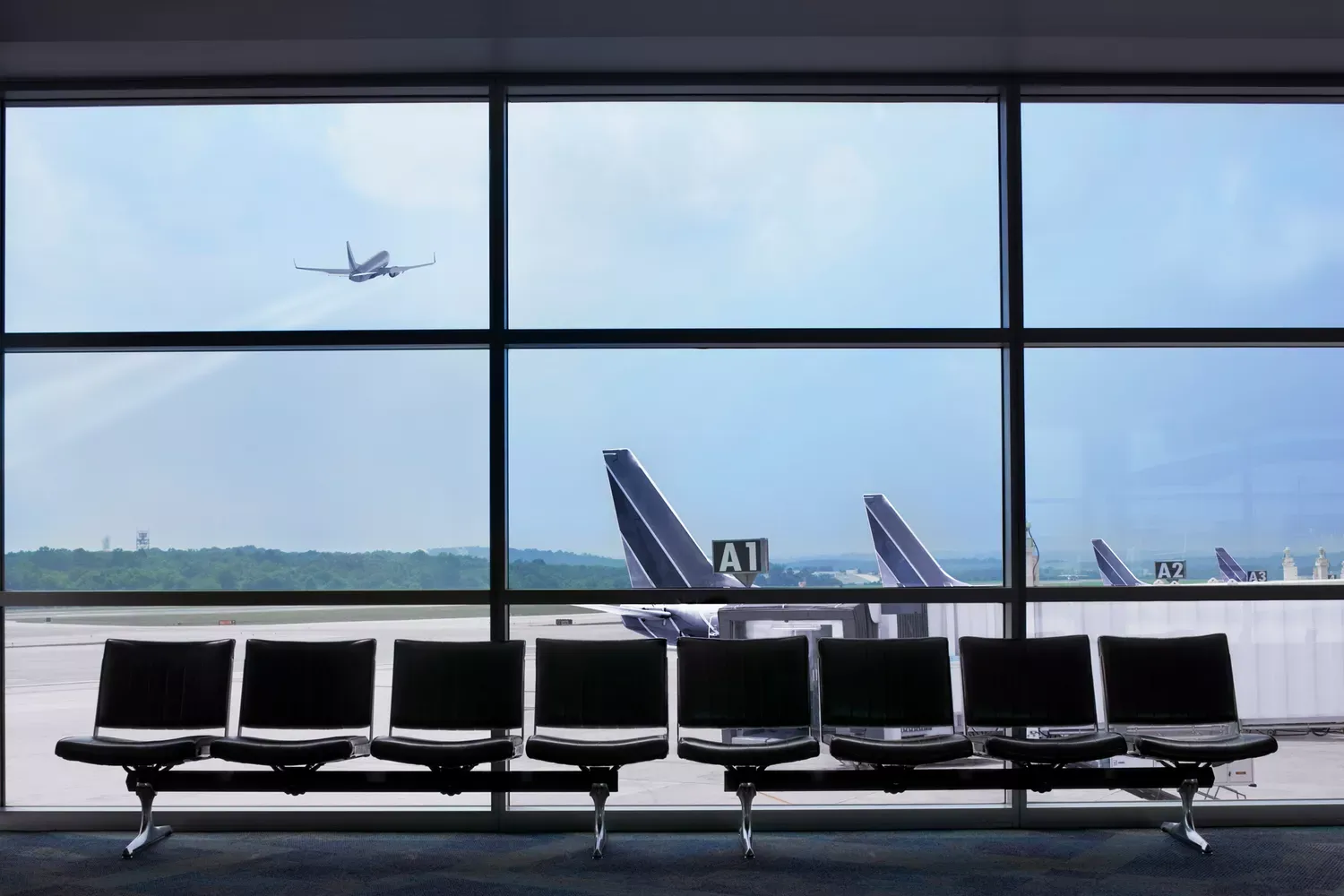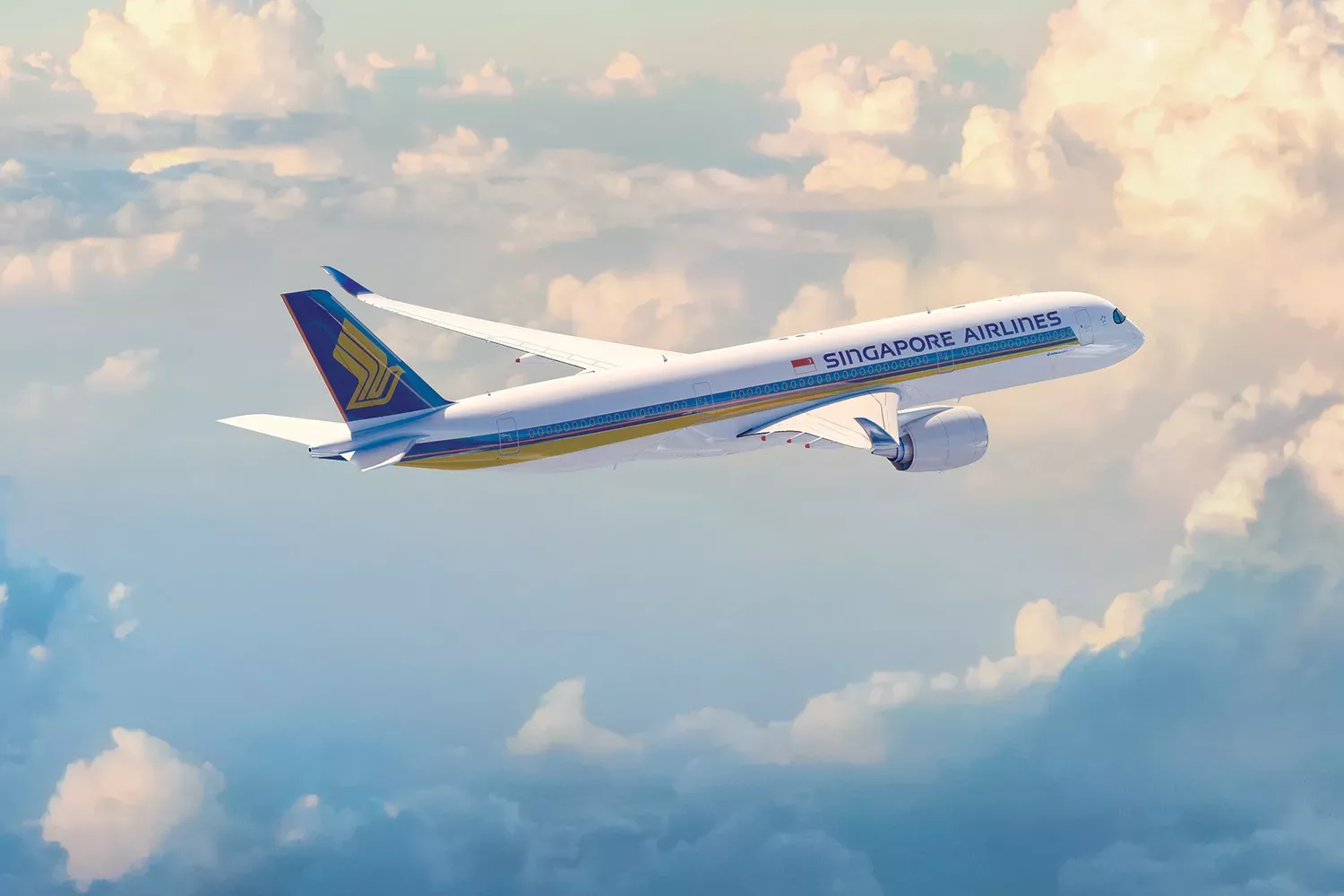
Skiplagging, also called hidden city ticketing, involves booking a flight with a connection where the traveler exits at the connecting city (their desired destination) instead of the final destination. This controversial tactic exploits airline pricing discrepancies. Airlines often prohibit this practice and may impose penalties if discovered, such as voiding frequent flyer miles or banning travelers. Weigh the risks before attempting this air travel hack.
How Does Skiplagging Work?
The price of a flight isn't always directly related to the distance traveled. Airlines use complex algorithms that consider factors like demand, competition, and origin/destination markets to determine pricing. Sometimes, a flight with a layover in a popular city can be significantly cheaper than a direct flight to that same city.
Here’s a simplified example to illustrate the concept:
Let's say you want to fly from New York (JFK) to Chicago (ORD). A direct flight might cost $300. However, a flight from New York (JFK) to San Francisco (SFO) with a layover in Chicago (ORD) might cost only $200. If you're only interested in going to Chicago, you would book the cheaper JFK-ORD-SFO flight, disembark in Chicago, and skip the ORD-SFO leg.
Is Skiplagging Legal?
While not illegal in the sense that you'll be arrested, skiplagging is a violation of most airlines' contracts of carriage. These contracts outline the terms and conditions of flying with the airline. Airlines view hidden-city ticketing as a breach of contract because it disrupts their pricing strategies and potentially impacts revenue management.
The Risks of Skiplagging
Before you jump on the skiplagging bandwagon, it's crucial to understand the potential consequences:
Cancellation of Remaining Flights: This is the most common risk. If the airline realizes you’ve skipped a segment of your itinerary, they may cancel any subsequent flights, including your return flight.
Loss of Frequent Flyer Miles: Airlines might revoke your frequent flyer miles or even close your account if they suspect you of engaging in skiplagging.
Legal Action: While rare, airlines have, in the past, sued passengers for breach of contract related to hidden-city ticketing.
Baggage Issues: Your checked baggage will be sent to the final destination on your ticket (in our example, San Francisco). Therefore, skiplagging is only feasible with carry-on luggage.
Inability to Change Your Flight: If you need to change your flight due to unforeseen circumstances, you won’t be able to because you’ve technically violated the terms of your ticket.
Pros and Cons of Skiplagging
To help you weigh your options, here's a summary of the advantages and disadvantages of skiplagging:
Pros |
Cons |
|---|
Significant cost savings on airfare, potentially allowing you to travel more frequently or to destinations you thought were unaffordable. |
Risk of cancellation of remaining flights on your itinerary, including return flights, which could leave you stranded. |
Opportunity to visit a destination at a much lower price compared to booking a direct flight, freeing up your travel budget for other expenses. |
Possible loss of frequent flyer miles and/or closure of your airline loyalty account, potentially impacting future travel benefits. |
Allows you to explore alternative travel routes and potentially discover destinations you wouldn't have considered otherwise. |
The inconvenience of only being able to travel with carry-on luggage, limiting what you can pack and bring back. |
|
Potential legal action from the airline for breach of contract, although this is rare but a possibility to consider. |
|
Inability to make changes to your flight itinerary if something unexpected happens, offering no flexibility. |
Is Skiplagging Right for You?
Ultimately, the decision to skiplag is a personal one. If you're considering it, weigh the potential risks against the potential savings. Factors to consider include:
Your Risk Tolerance: Are you comfortable with the possibility of having your flights canceled or losing your frequent flyer miles?
Your Luggage Needs: Can you travel with only a carry-on?
Your Travel Flexibility: Are you willing to accept the rigidity of the itinerary and the inability to make changes?
Airline Loyalty: How important is maintaining your status with a particular airline?
Alternatives to Skiplagging
If you're hesitant about skiplagging but still looking for ways to save money on flights, consider these alternatives:
Be Flexible with Your Travel Dates: Flying on weekdays or during off-peak seasons can often result in lower fares.
Use Flight Comparison Websites: Compare prices from multiple airlines and travel agencies to find the best deals.
Set Fare Alerts: Receive notifications when prices drop for your desired route.
Consider Budget Airlines: While they may have fewer amenities, budget airlines often offer significantly lower fares.
Look for Error Fares: Occasionally, airlines accidentally publish incorrect fares that are incredibly low. These are often short-lived, so be ready to book quickly if you find one.
While the lure of cheaper flights is tempting, understand the rules and risks involved with skiplagging before you decide if it’s the right travel hack for you. Always weigh the potential consequences against the potential savings and consider alternative strategies for finding affordable airfare.


















